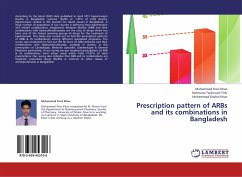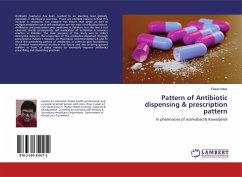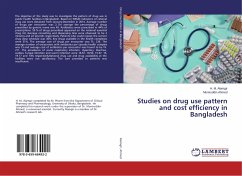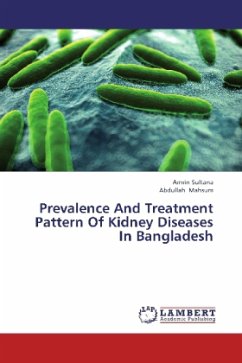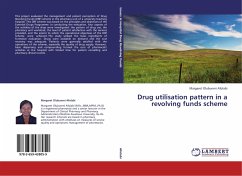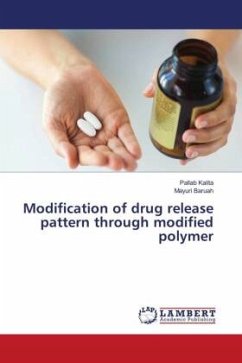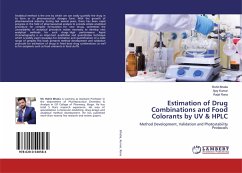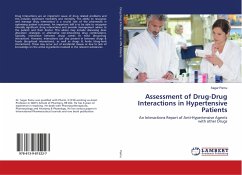According to the latest WHO data published in April 2011 Hypertension Deaths in Bangladesh reached 18,245 or 1.91% of total deaths. Hypertension ranked in 8th position for death causes in Bangladesh. A large number of population in our country is suffering from hypertension and related complications. Angiotensin Receptor Blocker (ARB) and their combinations with Hydrochlorothiazides are the class of drugs which has been one of the fastest growing groups of drugs for the treatment of hypertension. This study was carried out to find the prescription patterns of ARBs & its combinations among different specialized physicians. The survey was conducted to find out the Rx share of ARB molecules and their combinations with Hydrochlorothiazide, available in market, in the prescription of Cardiologist, Medicine Specialist, Diabetologist & General Physicians particularly. In our survey we got maximum prescriptions of ARB & its combinations from urban areas which hold 77.61% of total prescriptions. Our survey also indicates that ARB and its combinations are maximum prescribed drugs (65.8%) in contrast to other classes of antihypertensives in Bangladesh.
Bitte wählen Sie Ihr Anliegen aus.
Rechnungen
Retourenschein anfordern
Bestellstatus
Storno

